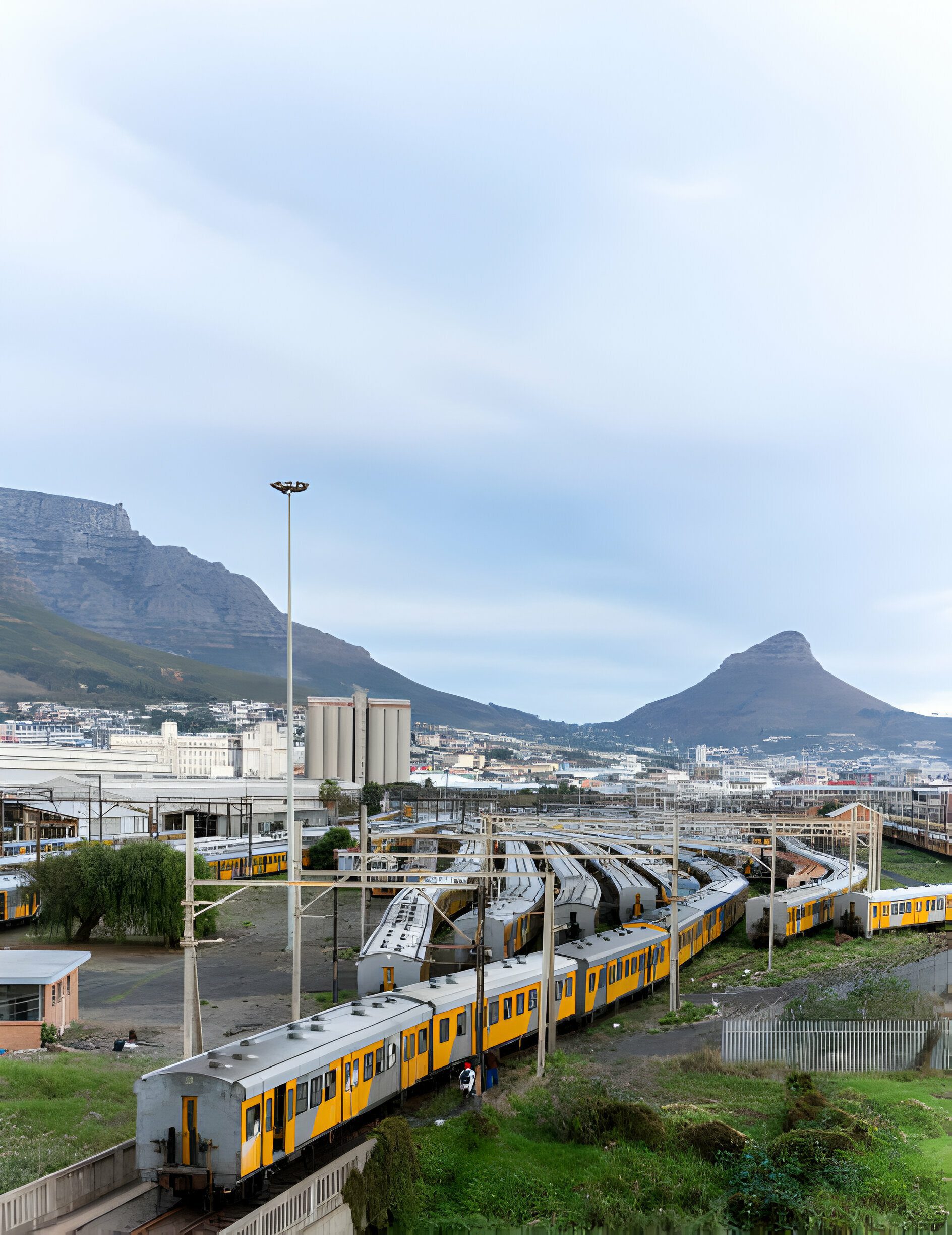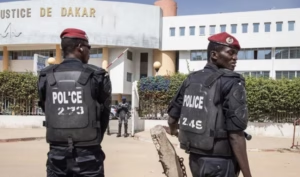In a significant move, the City of Cape Town has successfully relocated over 880 families from the railway reserves in Philippi and Nyanga, a crucial step towards addressing illegal settlements that sprang up during the pandemic. These families had established makeshift homes alongside the railway lines near Stock Road station in Philippi East, encroaching on land under the jurisdiction of the Passenger Rail Agency of South Africa (PRASA).
The genesis of this settlement dates back to the onset of the COVID-19 lockdown in 2020. Economic hardships forced many to vacate rented spaces and seek refuge along the railway lines, despite the cessation of train services on this route since October 2019, owing to rampant theft and vandalism.
As part of efforts to revive the Central Line—extending to Mitchells Plain and Khayelitsha—the city embarked on a cleaning operation that saw the area up to Nyanga station cleared. This latest relocation initiative, which commenced in December, is a pivotal phase in the broader scheme to restore full rail services.
Challenges at the Temporary Settlement
At their new temporary residence near Stock Road, the City has provided basic amenities, including water access and portable toilets. However, the adequacy of these facilities has been a point of contention among the relocated individuals. Complaints have surfaced regarding the insufficient number of toilets and erratic water supply, compelling residents to seek water from adjacent areas such as Acacia and Heinz Park or even farther informal settlements equipped with standpipes.
One of the relocated residents, Thandekile Mncwango, voiced their distress, stating,
“We believe we have been dumped here, ignored and not taken care of.”
PRASA’s Response and Future Plans
PRASA, the body overseeing the rail infrastructure, has expressed that this move is instrumental in reclaiming and refurbishing the railway infrastructure, extending from Nyanga to Chris Hani station in Khayelitsha. Andiswa Makanda, a spokesperson for PRASA, provided insights into the operation and future prospects.
Makanda emphasized that the relocation is a temporary measure, with plans underway to transition the families to a more permanent setting upon the completion of necessary legal processes. She reassured that security measures are in place to safeguard the vacated rail reserves against future encroachments.
Regarding the broader initiative to relocate 1,251 households from rail reserves in Langa to a designated site in Mitchells Plain, Makanda highlighted the process’s dependence on the success of a rezoning application. The application, currently under review, has been opened for public commentary, with PRASA tasked with addressing each submission. The final decision rests with the Municipal Planning Tribunal, following PRASA’s comprehensive response to the public feedback.
This ongoing effort to manage illegal settlements and restore rail services highlights the complexities and challenges of urban management and infrastructure recovery in the post-pandemic era. The City of Cape Town, alongside PRASA, continues to navigate these challenges, striving for solutions that balance development needs with the well-being of affected communities.

















